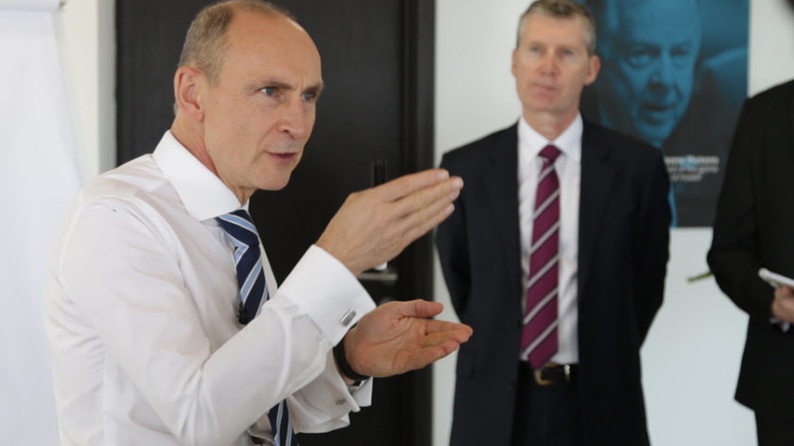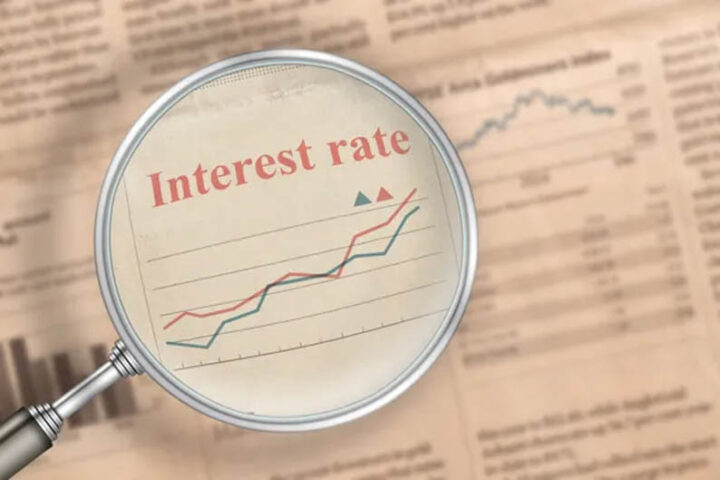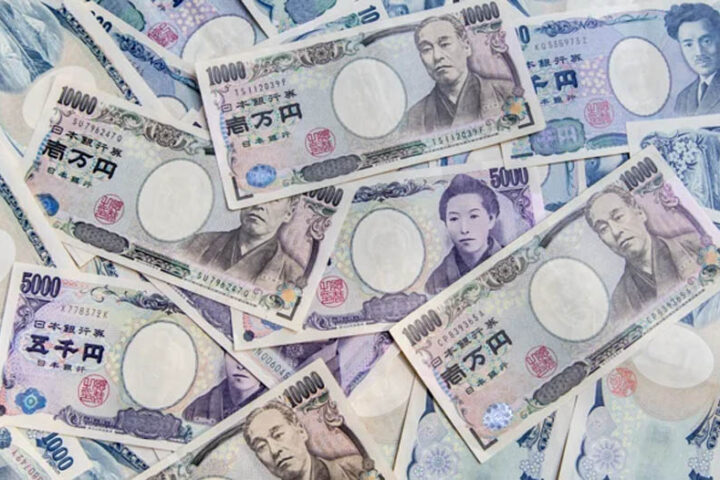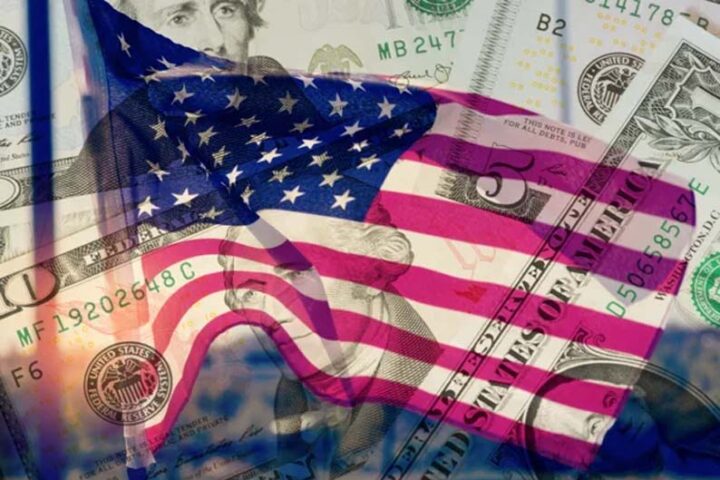The surge in tensions in the Middle East, spurred by separate attacks carried out by Iran-backed militants, is prompting investors to reassess strategies, according to the CEO of a leading independent financial advisory and fintech.
Recent attacks resulted in the loss of US troops in Jordan and the targeting of a fuel tanker in the Red Sea, which have intensified geopolitical risks.
“The recent attacks have heightened uncertainty, leading to increased market volatility,” said Nigel Green of deVere.
“Investors are now pursuing a more cautious approach, with heightened risk aversion impacting various asset classes,” he said, adding that the Middle East remains a crucial player in the world’s energy market, accounting for a significant portion of crude oil production.
“Disturbances in the region have a profound impact on energy prices. The attacks on a fuel tanker in the Red Sea have already triggered concerns among oil traders, prompting a reassessment of the risks associated with shipping cargo through the area,” Green said.
Rising oil prices could have a cascading effect on markets.
“Increased production costs for businesses, higher transportation expenses, and a potential drag on consumer spending are just a few of the consequences that typically reverberate throughout the economy if oil prices are on the rise,” he noted.
Investors in energy-related stocks and commodities also “experience increased levels of volatility.”
“Should the recent events in the Middle East continue to escalate, we’re likely to see a flight to safety, with investors reallocating their portfolios to mitigate risks,” the deVere CEO said.
“This could lead to increased demand for traditional safe-haven assets, such as government bonds, and certain currencies, such as the US dollar, influencing their prices and yields.
Diversification strategies become even more critical during periods of heightened geopolitical tension.
Asset allocation
Investors will be reassessing their asset allocation to ensure a well-balanced and resilient portfolio across asset classes, sectors and regions and an independent financial advisor will help investors ensure the mix is appropriate for the market conditions.
Green added that investors around the world will be monitoring the impact on trade and supply chains.
“Rising tensions can be expected to lead to increased shipping costs, delays, and potential disruptions in the flow of goods. This would particularly affect industries that rely heavily on just-in-time production and efficient logistics.”
Investors with exposure to international trade and logistics may closely monitor developments in the Middle East to assess the potential impact on their portfolios. Companies operating in or dependent on the affected regions may face challenges, while those with diversified supply chains may be better positioned to navigate uncertainties.
The deVere boss concluded that, “the recent attacks in the Middle East, orchestrated by Iran-backed militants, are injecting a new level of uncertainty into financial markets.
“Investors are beginning to actively manage the potential ramifications of escalating tensions, especially in terms of energy prices, market volatility, and the broader economic landscape.”








